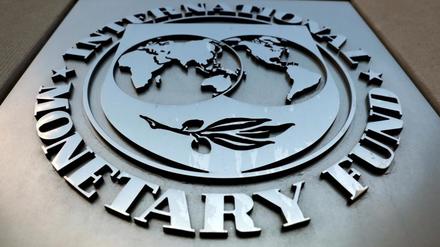The Executive Board of the International Monetary Fund (IMF) today approved the disbursement of SDR 275.6 million (50 percent of quota, about US$375 million) under the Rapid Credit Facility (RCF) and the Rapid Financing Instrument (RFI). This will help to meet Uzbekistan’s increased need for fiscal and urgent balance of payments financing arising from the impact of the COVID-19 crisis.
The crisis has adversely affected Uzbekistan’s macroeconomic outlook. Growth is projected to slow to 1½ percent this year and lower revenues and additional crisis-related expenditures—on healthcare and to support households and firms—are expected to widen the fiscal deficit to about 4 percent of GDP. IMF and other donor support will help cover the resulting financing needs, support the economy, and provide assistance to affected households and firms. The authorities will increase the accountability and transparency of expenditures to improve the efficiency and safeguard the use of public resources.
The authorities’ policies are expected to maintain macroeconomic stability and fiscal and balance of payments’ sustainability over the medium-term. They have expressed their strong commitment to continue economic and structural reforms. The IMF stands ready to provide policy advice and further support, as needed.
Following the Executive Board discussions, Mr. Tao Zhang, Deputy Managing Director and Chair, made the following statement:
“The COVID-19 pandemic has severely impacted Uzbekistan’s economy. Growth is projected to slow significantly while lower exports and remittances will widen the current account deficit. The fiscal deficit is expected to increase on the back of a fall in revenues and crisis-related expenditures. These have generated significant balance of payments and fiscal financing needs.
“IMF financial assistance under the RCF and the RFI, along with support from other multilateral institutions, will help cover Uzbekistan’s fiscal and balance of payments needs and mitigate the impact on its foreign exchange reserves. It will also provide resources to support increased crisis spending for healthcare, social protection, and public support for affected firms and households.
“As the higher fiscal and external financing needs primarily arise from the COVID-19 shock, a temporary loosening of fiscal and monetary policies is appropriate. As the crisis subsides, the focus should revert to ensuring medium-term fiscal and external sustainability. Fiscal policy should aim for a return to moderate fiscal deficits and limit external borrowing so that public sector debt stays on a sustainable path.
“On monetary and financial sector policies, the authorities should continue developing their inflation targeting framework focused on price stability while allowing the exchange rate to move in line with fundamentals. They should also continue to provide appropriate liquidity support to the financial system, while continuing rigorous financial supervision and maintaining capital requirements and loan standards.
“Uzbekistan aims to continue implementing its structural reform agenda, to complete the transformation to a modern, open market economy, and to improve governance and public management. It has committed to safeguard the use and improve the efficiency of its public resources by increasing transparency and accountability.”












